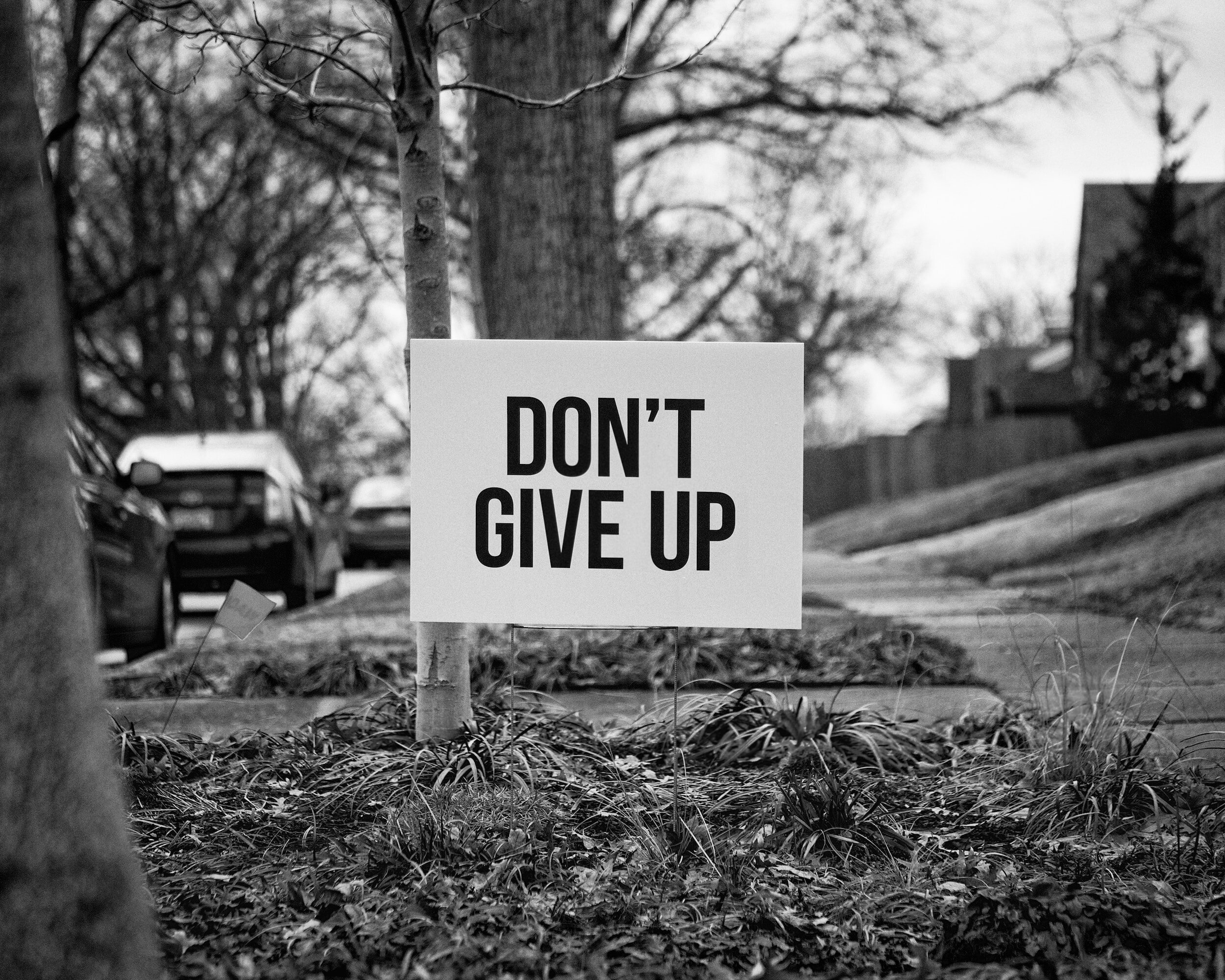How to Regulate Yourself When You Have BPD (10 Coping Skills for BPD)
How To Regulate Yourself When You Have BPD (10 Coping Skills for BPD)
Living with Borderline Personality Disorder (BPD) can be incredibly challenging, as the intense and overwhelming emotions, impulsive behaviors, and the constant struggle with having an unstable sense of self can deeply impact numerous aspects of an individual's daily life.
From managing relationships and navigating social interactions to maintaining stable employment and making decisions, those with BPD often face a unique set of obstacles that can be exhausting to overcome.
However, there are several effective strategies that you can begin to incorporate into your daily routine to regulate yourself and successfully navigate through these challenging situations. By implementing some of the tips below, you can begin to take small steps each day towards self-regulation, self-awareness, and gradually build a foundation of stability and resilience!
10 Ways to Self-Manage Borderline Personality Disorder (BPD)
1. Self-Awareness & Education
Begin by developing a deep understanding of your BPD symptoms and triggers. Educate yourself about the disorder, its symptoms, and common patterns of behavior that often accompany it. Increased self-awareness can empower you to identify your emotions and recognize the early signs of distress!
2. Establish a Support Network
Surrounding yourself with a supportive network can make a significant difference in managing BPD. Seek out individuals, like family, friends or even a therapist, who understand your condition and can offer empathy, practical advice, and encouragement!
3. DBT Skills for BPD
DBT is a therapeutic approach specifically designed for individuals with BPD. It focuses on enhancing emotion regulation, distress tolerance, mindfulness, and interpersonal effectiveness. Spilove Psychotherapy has a number of therapist who specialize in DBT and can help you learn and practice these skills!
4. Monitor Your Emotions
Keep a mood diary to track your emotional state throughout the day. This can help you identify triggers and patterns associated with intense emotions. Understanding these triggers can assist in implementing coping strategies.
5. Self-Care Routine
Prioritize self-care activities that positively impact your well-being. This might include engaging in hobbies you enjoy, practicing relaxation techniques, engaging in physical activity, and getting sufficient sleep. Taking care of your physical and emotional needs will provide a solid foundation for self-regulation.
6. Seek Professional Help
Consider seeking therapy specifically tailored for BPD, such as Dialectical Behavior Therapy (DBT), which focuses on emotional regulation, distress tolerance, and interpersonal effectiveness. A professional therapist can provide guidance and support throughout your healing journey.
7. Boundaries & Communication
Establish healthy boundaries in your relationships and practice effective communication skills. Learn to express your needs, assert yourself, and set boundaries when necessary. Boundaries can help prevent emotional dysregulation by ensuring your own well-being is protected!
8. Crisis Planning
Develop a crisis plan with your therapist or support system in case of severe emotional distress or potential crises. Having a plan in place can provide a sense of security and guidance during challenging moments. Ensure that your crisis plan includes emergency contacts and strategies to manage distress.
9. Avoid Substance Abuse
Substance abuse can worsen BPD symptoms and make emotional regulation more challenging. Steer clear of drugs or excessive alcohol consumption, as they can interfere with your mental health treatment and overall well-being.
10. Stay Hopeful
Remember that recovery from BPD is possible. It may take time and dedication, but with the right support and strategies, you can learn to regulate your emotions effectively and lead a fulfilling life!
Whether it's practicing DBT skills, engaging in self-care, or seeking support from loved ones or a therapist, there are countless ways to take control of your emotions and create a more fulfilling life.
By incorporating these tips into your daily routine, you can find out what tools make your symptoms more manageable and navigate through each day more effectively (and even grow and learn more about your BPD along the way!). Taking the time and space necessary to explore these tools and finding what works best for you can effectively manage the difficulties you face. Not only will this lead to better symptom management, but it will also enhance your overall quality of life, preventing BPD from taking over your life and allowing you to be in the driver seat.





